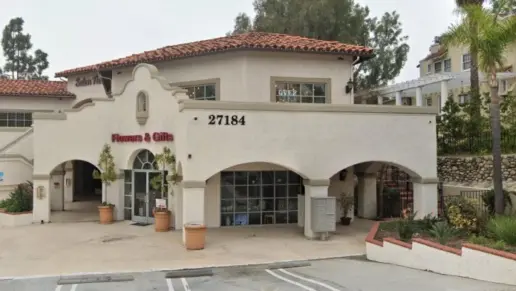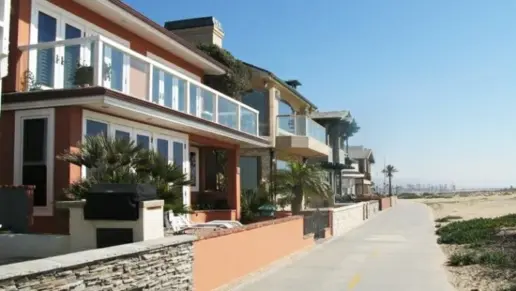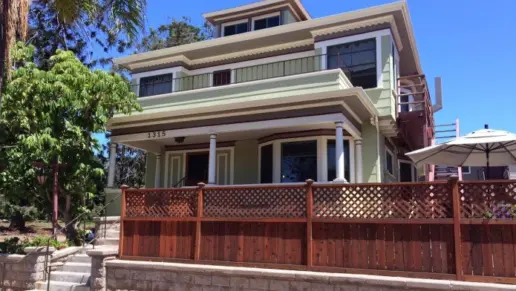About Serenity Springs Recovery
CLARE Foundation offers multiple addiction recovery programs for adults in Santa Monica, CA. Individuals with substance use disorders can receive inpatient, outpatient, and dual diagnosis care.
CLARE Foundation offers evidence-based treatment for individuals who struggle with drug and alcohol use and related behavioral health challenges. The Santa Monica, CA location offers a range of inpatient, outpatient, detox, and specialty rehab treatment programs.
CLARE Foundation’s detox program is staffed by a multidisciplinary team that provides medical and clinical support as individuals withdraw from addictive substances.
The CLARE Foundation inpatient rehab program provides up to 60 days of residential treatment. Participants receive 24 hour supervision while engaging in counseling, psychotherapy, addiction education, and recovery support meetings. Residential treatment is available for both men and women in separate living facilities.
The opioid treatment program combines medication assisted treatment (MAT) with education and counseling to treat opioid use disorders. A clinical team of counselors, psychiatrists, and medical staff provide supervision and treatment to help individuals recover from addiction to opioids. Treatment includes medication management, individual and group counseling, education, and referral to community resources.
Outpatient treatment at CLARE Foundation focuses on helping individuals understand substance use and mental health disorders and how their behavior affects personal health and relationships. This flexible program allows participants to structure treatment around employment and other obligations. As participants progress in their recovery, they receive less treatment and gain more independence.
The Postpartum & Pregnant Women Program serves mothers and their children up to age 17. The four month program is housed in a 30 bed residential facility. Treatment aims to increase safe pregnancies, improve birth outcomes, and decrease substance use among mothers.
CLARE Foundation’s sober living program offers several sober living properties across the Los Angeles region. These facilities offer a structured environment for individuals to take the next step toward independent living after residential treatment. Services include 12 step meetings, random drug testing, outpatient treatment, and house meetings.
Rehab Score
Gallery
Other Forms of Payment
Private insurance refers to any kind of healthcare coverage that isn't from the state or federal government. This includes individual and family plans offered by an employer or purchased from the Insurance Marketplace. Every plan will have different requirements and out of pocket costs so be sure to get the full details before you start treatment.
Self-pay involves paying for treatment out of your own pocket. You can use savings or credit, get a personal loan, or receive help from family and friends to fund your treatment. If you don't have insurance or your insurance plan doesn't cover a specific program, self-pay can help ensure you still get the care you need.
Addiction Treatments
Levels of Care
Treatments
The goal of treatment for alcoholism is abstinence. Those with poor social support, poor motivation, or psychiatric disorders tend to relapse within a few years of treatment. For these people, success is measured by longer periods of abstinence, reduced use of alcohol, better health, and improved social functioning. Recovery and Maintenance are usually based on 12 step programs and AA meetings.
Drug rehab in California teaches participants constructive ways to stay clean and sober. Treatment revolves around helping individuals stop using the substance they are addicted to and learn healthy habits to avoid relapse.
Many of those suffering from addiction also suffer from mental or emotional illnesses like schizophrenia, bipolar disorder, depression, or anxiety disorders. Rehab and other substance abuse facilities treating those with a dual diagnosis or co-occurring disorder administer psychiatric treatment to address the person's mental health issue in addition to drug and alcohol rehabilitation.
A combined mental health and substance abuse rehab has the staff and resources available to handle individuals with both mental health and substance abuse issues. It can be challenging to determine where a specific symptom stems from (a mental health issue or an issue related to substance abuse), so mental health and substance abuse professionals are helpful in detangling symptoms and keeping treatment on track.
Opioid rehabs specialize in supporting those recovering from opioid addiction. They treat those suffering from addiction to illegal opioids like heroin, as well as prescription drugs like oxycodone. These centers typically combine both physical as well as mental and emotional support to help stop addiction. Physical support often includes medical detox and subsequent medical support (including medication), and mental support includes in-depth therapy to address the underlying causes of addiction.
Programs


Clinical Services
Group therapy is any therapeutic work that happens in a group (not one-on-one). There are a number of different group therapy modalities, including support groups, experiential therapy, psycho-education, and more. Group therapy involves treatment as well as processing interaction between group members.
In individual therapy, a patient meets one-on-one with a trained psychologist or counselor. Therapy is a pivotal part of effective substance abuse treatment, as it often covers root causes of addiction, including challenges faced by the patient in their social, family, and work/school life.
For clients who are struggling with ambivalence toward change, motivational interviewing in California can help strengthen their commitment to change. Using a conversational method, the therapist helps you explore your motivations and empowers you to make the changes you desire.
Trauma therapy addresses traumatic incidents from a client's past that are likely affecting their present-day experience. Trauma is often one of the primary triggers and potential causes of addiction, and can stem from child sexual abuse, domestic violence, having a parent with a mental illness, losing one or both parents at a young age, teenage or adult sexual assault, or any number of other factors. The purpose of trauma therapy is to allow a patient to process trauma and move through and past it, with the help of trained and compassionate mental health professionals.
Whether a marriage or other committed relationship, an intimate partnership is one of the most important aspects of a person's life. Drug and alcohol addiction affects both members of a couple in deep and meaningful ways, as does rehab and recovery. Couples therapy and other couples-focused treatment programs are significant parts of exploring triggers of addiction, as well as learning how to build healthy patterns to support ongoing sobriety.
Research clearly demonstrates that recovery is far more successful and sustainable when loved ones like family members participate in rehab and substance abuse treatment. Genetic factors may be at play when it comes to drug and alcohol addiction, as well as mental health issues. Family dynamics often play a critical role in addiction triggers, and if properly educated, family members can be a strong source of support when it comes to rehabilitation.
While in rehab treatment, you may work on developing various life skills to help you in long term recovery. These may include resilience, interpersonal skills, and self awareness. The focus will be on developing healthy habits for self care and relationships so you have the skills you need to manage day to day life.
The use of experiential therapy can be helpful for the treatment of behavioral disorders, including drug and alcohol addiction. This method teaches you how to release negative emotions and cope with pain from the past. Activities such as art, music, and animal care are used to facilitate this process.
Staff & Accreditations
Staff

Executive Director & CEO

Director of General Operations
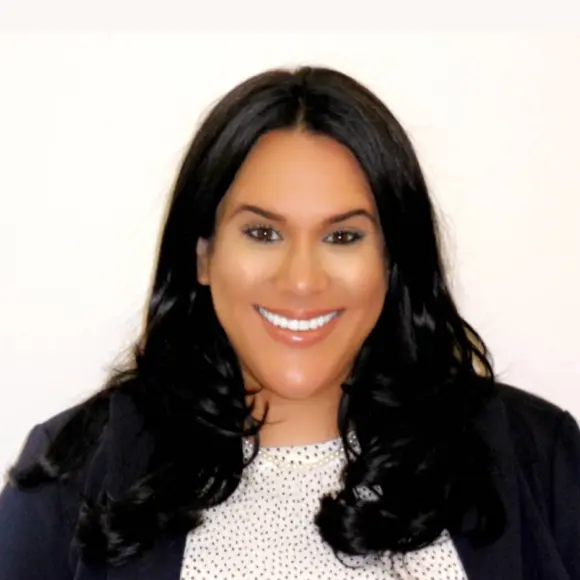
Director of Development
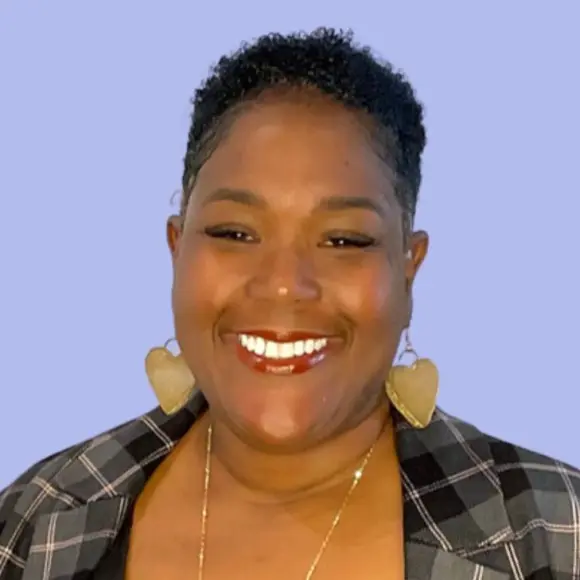
Senior Director of Clinical Services
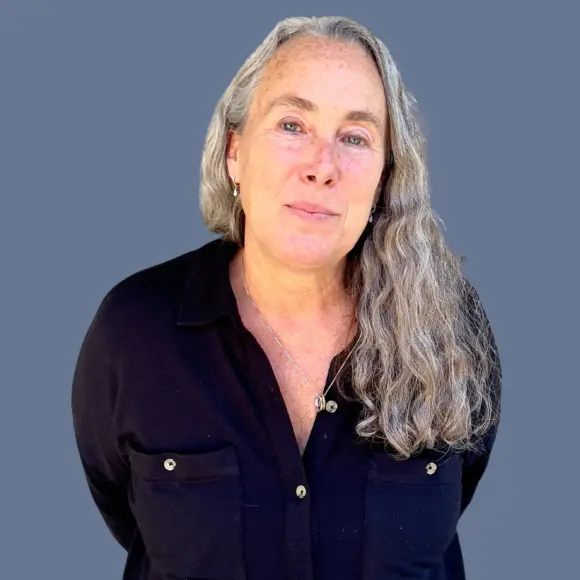
Director of Residential Services

Medical Director
Accreditations

The Commission on Accreditation of Rehabilitation Facilities (CARF) is a non-profit organization that specifically accredits rehab organizations. Founded in 1966, CARF's, mission is to help service providers like rehab facilities maintain high standards of care.
CARF Accreditation: Yes
Contact Information
909 Pico Blvd
Santa Monica, CA 90405
